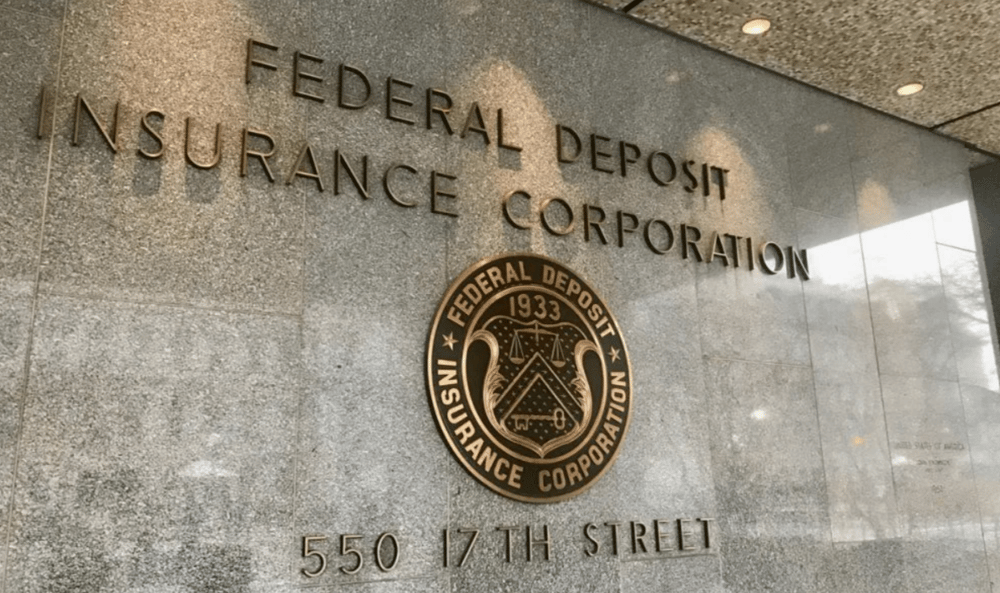Related Articles
Nissan Motor Plans Stake Reduction in Renault Amid Alliance Restructuring
Nissan Motor Co., Ltd. $7201.T recently announced intentions to reduce its equity stake in its longstanding French partner Renault S.A. $RNO.PA, as reported by Nikkei. This development follows the joint March 2025 agreement between the two automakers to lower their mandatory minimum ownership in each other from 15% to 10%. The Nissan-Renault alliance, a cornerstone of global automotive cooperation, is undergoing strategic realignment to adapt to shifting market dynamics, regulatory environments, and corporate governance demands.
Sterlite Tech Shares Jump as Company Reinforces AI Data Center Capabilities
Shares of Sterlite Technologies Ltd. $STLTECH.NS climbed over 11% on Monday, closing at ₹92.95. The surge followed the company’s announcement of expanded data center connectivity offerings, specifically adapted for AI-focused infrastructure. Despite the recent rally, the stock trades well below its 52-week peak of ₹155, leaving a notable performance gap. The update reflects Sterlite’s strategy shift toward solutions addressing surging demand from AI applications, cloud services, and edge computing environments in India. The company aims to support the ongoing transformation in digital infrastructure driven by data-intensive workloads.
Bega Cheese Seeks Informal Regulatory Approval to Acquire Fonterra’s Oceania Business
Australian dairy producer Bega Cheese $BGA.AX announced plans to seek informal regulatory approval to acquire the Oceania operations of New Zealand’s dairy giant Fonterra $FSF.NZ. This move comes as Fonterra pursues a broader strategic divestment of its global consumer and integrated businesses, including the Oceania region and Sri Lanka. The potential transaction highlights ongoing consolidation trends in the dairy industry in the Oceania market and reflects the shifting landscape for large dairy producers amid global restructuring efforts.







The FDIC's new stance could be a game-changer for banks eager to embrace the crypto revolution responsibly.
This is a significant shift that could pave the way for greater innovation and adoption of cryptocurrencies in the banking sector.